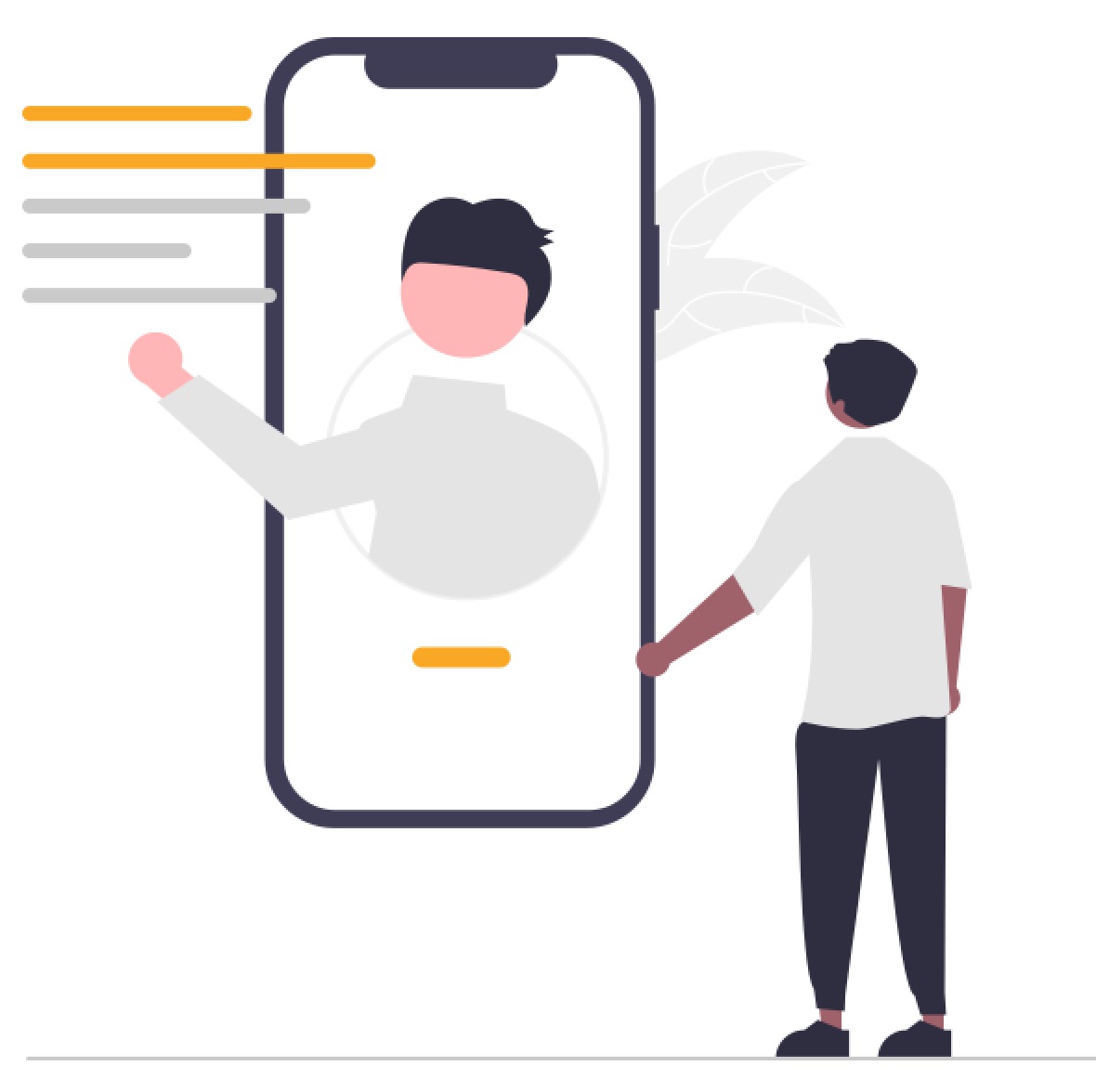Can Positive Psychology Treat Diabetes Distress in Teens with Type 1 Diabetes?
By Matthew Garza
 Researchers are investigating if increasing positive affect – the feelings of being happy, cheerful, or proud of your accomplishments – can help teens with type 1 diabetes develop more adaptive coping strategies for their diabetes distress.
Researchers are investigating if increasing positive affect – the feelings of being happy, cheerful, or proud of your accomplishments – can help teens with type 1 diabetes develop more adaptive coping strategies for their diabetes distress.
Clinical Trials Identifier: NCT03845465
Trial Name: Positive Psychology Intervention to Treat Diabetes Distress in Teens With Type 1 Diabetes (T1D)
Diabetes Type: Teens with type 1 diabetes
What is the trial testing?
The study is looking to enroll 400 teen participants into this randomized trial. The goal is to see whether a positive psychology intervention aimed at increasing positive affect can help decrease a person’s diabetes distress and improve their overall health outcomes. Positive affect is a person’s ability to interact with others and with the challenges they may encounter in a positive way, and the extent to which they experience positive moods of joy, interest, optimism, and pride.
Participants will be split into two groups:
Control Group – Just baseline education:
-
An educational packet with information on how to manage your diabetes
-
A behavioral health contract
Positive Affect Intervention Group – Baseline education and additional interventions:
-
This group will also receive the same baseline education materials of the control group
-
A Positive Affect interview at the start of the trial
-
Automated text messages five days a week for three months tailored to each participant with reminders to engage in gratitude and self-affirmation
-
Occasional $5 gift cards to help induce a positive mood
-
Caregivers will be instructed to provide weekly positive affirmations focused on the participants’ non-diabetes strengths
The researchers will be looking at how the interventions affect A1C, diabetes distress (using a survey called the Problem Area in Diabetes – Teen survey), their answers to a stress questionnaire, and quality of life at the start of the trial and again after three months of participating in the interventions.
Why is this trial new and important?
Diabetes distress is a major factor for many people with diabetes, especially teens who are learning to navigate both complex and demanding treatment regimens as well as the stresses of normal adolescence. Unfortunately, diabetes distress does play a role in a person’s self-management and can even affect their A1C levels. We know that teens with type 1 diabetes struggle to meet treatment goals and that their recommended treatment regimen just to meet these goals can include frequent blood sugar tests, multiple daily injection of insulin, careful monitoring of diet, multiple different diabetes devices, and constant adjustments to their routine which can be rather intensive and contribute to their diabetes distress
The researchers developed an intervention focused on increasing positive affect, which can help teens develop adaptive coping strategies to reduce their diabetes distress and thereby, potentially improve their glucose management. Their intervention uses tailored exercises in gratitude, self-affirmation, and caregiver affirmations. In pilot studies, the researchers showed that the intervention had promising effects on teens' quality of life, diabetes-related stress, and family conflict – all of which are closely linked with diabetes distress.
Trial Length: Three months
Trial Location: The trial is based in Washington D.C and Nashville, TN.
Are you interested?
You may be eligible for this study if you:
-
Are 13 to 17 years old.
-
Have been diagnosed with type 1 diabetes for at least 12 months.
-
Can speak and read English.
-
Report at least moderate diabetes distress on the Problem Areas in Diabetes Scale – Teen version.
-
Do not have any other serious health conditions.
You can see a full list of eligibility and exclusion criteria here.
For More Information: Please contact Dr. Sarah Jaser at 615-343-6775 or sarah.jaser@vumc.org or Troy Morrow at trow.morrow@vumc.org.








